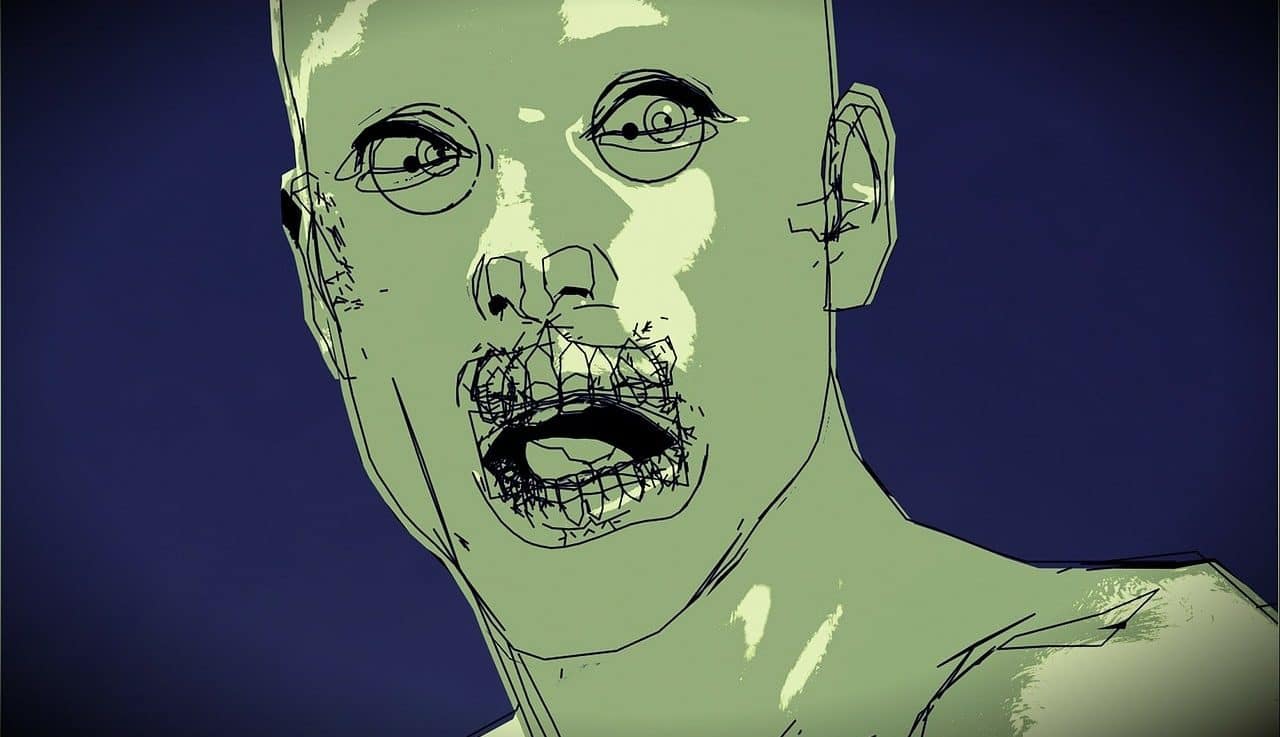
A delusion may consist of a hallucination.
Delirium is a term that has its origins in the Latin word delirium . This notion is used to name an alteration of the mind that leads a person to hallucinate and have incoherent thoughts .
By extension, the manifestation of this type of thoughts in words, actions, etc. is known as delirium. For example: “What you said is delusional: how can I quit my job if I need the money?” , “Jumping with a parachute at 90 years old is a delirium” , “The film seemed like a delirium to me: the characters changed their names in each scene” .
Delirium in psychology
For psychology , delusion is a symptom of a psychotic disorder in which the individual believes things that are not part of reality. It is not a matter of misinterpretation, handling false information or a passing mistake: delirium is pathological and has its cause in an illness .
A delusion, therefore, is a belief that is held and defended without logic, cannot be verified through experience, and is inappropriate for the culture of the person in question. The subject reveals an abnormal thought (outside the ordinary and what is expected) to defend his idea even when, through reason, it is demonstrated to be false or inconvenient.

There are different kinds of delirium.
a type of paranoia
Paranoid delusions , which should not be confused with paranoid schizophrenia , often settle in the personality, although the same does not always happen the other way around: the delusion is not necessarily a result of the paranoid personality , but rather arises from a psychoaffective conflict. .
Reality is overwhelmed by a series of meanings that, little by little, become part of the delirium; Although the perception of the exterior is correct, its representation is affected, so that subjectivity surpasses objectivity in strength.
It is important to note that individuals who suffer from paranoid delusions create their own justifications for their interpretation of the world around them, which is why they are able to explain it through logic and make it appear plausible. It is a solid system, made up of a series of well-established ideas that are organized and enriched as the disorder progresses.
Some of the best-known types of paranoid delusions are the following:
- Persecution : this is the most common. Those who suffer from it tend to interpret and explain everything that happens to them, stating that everything revolves around the persecution of which they are victims. They believe that they are constantly threatened by people who envy them and wish them harm, and very often they do not make significant progress in life because of these supposed obstacles.
- Hypochondriac : belongs to the delusion of vindication. The subject always claims to suffer from some disorder or illness, for which reason he constantly seeks medical assistance, without achieving the success he expects, and this leads to repeated complaints.
- Jealousy : Jealousy prevents the subject from enjoying a loving relationship, since there is the constant idea that the other person is unfaithful, or wants to be. It is common for them to decide to investigate their partners, either directly or indirectly, and the feeling of being deceived grows until it becomes unsustainable for both parties.
Delirium in everyday language
In everyday language, the concept of delusion is used to name a project or desire of a person that cannot be fulfilled in reality or that, at least, will be very difficult to carry out.
If a fifty-year-old man who was never a professional athlete says that his dream is to play alongside Lionel Messi in FC Barcelona , his family and friends may affirm that his goal is a “delusion.”
